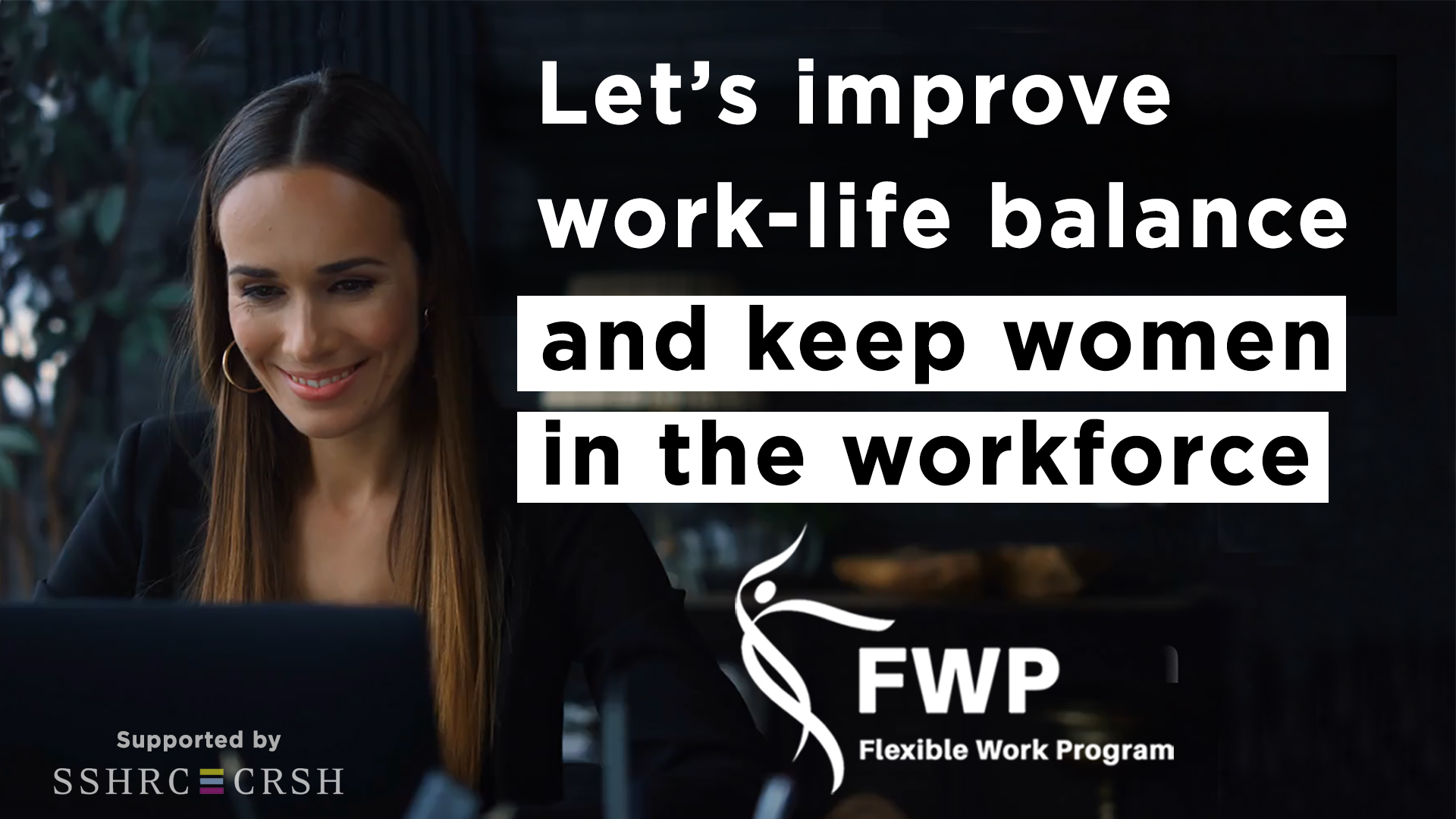 University of Guelph graduate student Radhika Gandhi is a co-creator of the Flexible Work Program (FWP), a proposed government program that makes it easier for women to stay in the workforce.
University of Guelph graduate student Radhika Gandhi is a co-creator of the Flexible Work Program (FWP), a proposed government program that makes it easier for women to stay in the workforce.
During the pandemic, thousands of women have left their jobs due to increased work and home demands. The proposed program will promote flexible work schedules, making it easier for women to balance home and work lives, said Gandhi.
It will also encourage employers to create more flexible and equitable working conditions for women by offering workshops and government grants and tax breaks as incentives.
FWP is currently a contender in the Canadian Comeback Challenge, a competition that gives post-secondary students an opportunity to contribute to Canada’s COVID-19 recovery.
A second team, Carpe Diem, involving U of G students is also competing with a project called MUBO (Multi-University Biotech Organization). Their entry aims to provide practical laboratory training and certification sessions for to better prepare undergraduates for professions in the biotech industry.

The challenge is offered through the Business + Higher Education Roundtable and the Social Sciences and Humanities Research Council, a federal research funding agency.
FWP and MUBO have advanced to the third round of the competition, having successfully competed against 2,900 other entries by Canadian post-secondary students. Voting on the projects of the remaining 10 teams continues until Friday.
Winning the competition will give the teams access to the government funding needed to advance the proposal.
“To date, 20,000 Canadian women have dropped out of the workforce during the pandemic, bringing women’s workforce participation to where it was in the 1980s,” said Gandhi, a master’s student in U of G’s Department of Population Medicine. “A few months of the pandemic has wiped out three decades of progress.”
Women are under enormous stress due to COVID-19, trying to balance both work and home lives while taking on heavier workloads and responsibilities, she added.
“While women have typically faced higher levels of burnout from having to balance their home and work lives, the pandemic has only exacerbated the situation.”
A lack of childcare options, increased workload and the rapid transition to working from home has left women exhausted, she said.
“This is what my team is aiming to address with the Flexible Work Program.”

Nicholas Cheng, founder of MUBO, said the average life sciences student gets less than 400 hours of practical laboratory experience during their undergraduate degree. He said that amount of time is insufficient for entering a highly competitive industry.
Carpe Diem’s MUBO is likened to others in Canadian universities and colleges, and leverages resources from other institutions to provide science undergrads with the skills, experience and direction needed to start their careers.
Gandhi, who is working on the FWP project with four students from Western University, said COVID-19 has brought many innovations to the workplace, including advances in working remotely.
“But it’s evident that more work needs to be done to support marginalized populations,” she said. “We’re an all-women team and hearing about the struggles and sacrifices that young women are having to make during the pandemic really impacted us. That’s why we went forward with this challenge.”
FWP is designed to improve work-life balance and well-being, productivity and retention, Gandhi added. It keeps women in the workforce and generates millions of dollars in economic activity.
“We think the FWP is a great policy that ultimately benefits a lot of Canadians, therefore, regardless of the outcome, my team and I believe it’s worth pursuing,” she said.
Contact:
Radhika Gandhi
gandhir@uoguelph.ca
flexibleworkprogram@gmail.com
